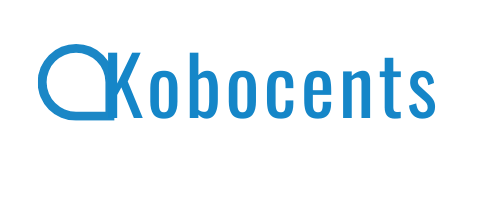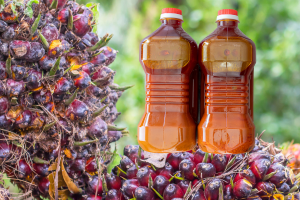Step-by-Step Guide to Starting a Successful Palm Oil Business in Nigeria (2023)
Are you looking to start a Palm Oil Business in Nigeria?
Starting a palm oil business in Nigeria is a good financial decision. Palm oil is a product that is used in many different things like food, cosmetics, and even fuel.
If you want to start a business in Nigeria, going for a palm oil business is excellent. But starting any business is hard and there are many pros and cons you need to know.
In this article, I will tell you everything you need to know about starting a palm oil business in Nigeria.
This is from my extensive knowledge and experience as a successful businessman in Nigeria.
Whether you are from Nigeria or another country, this article will help you understand the palm oil industry and how you can start a successful business in Nigeria.
So let’s get started…
Types of Palm Oil Business in Nigeria
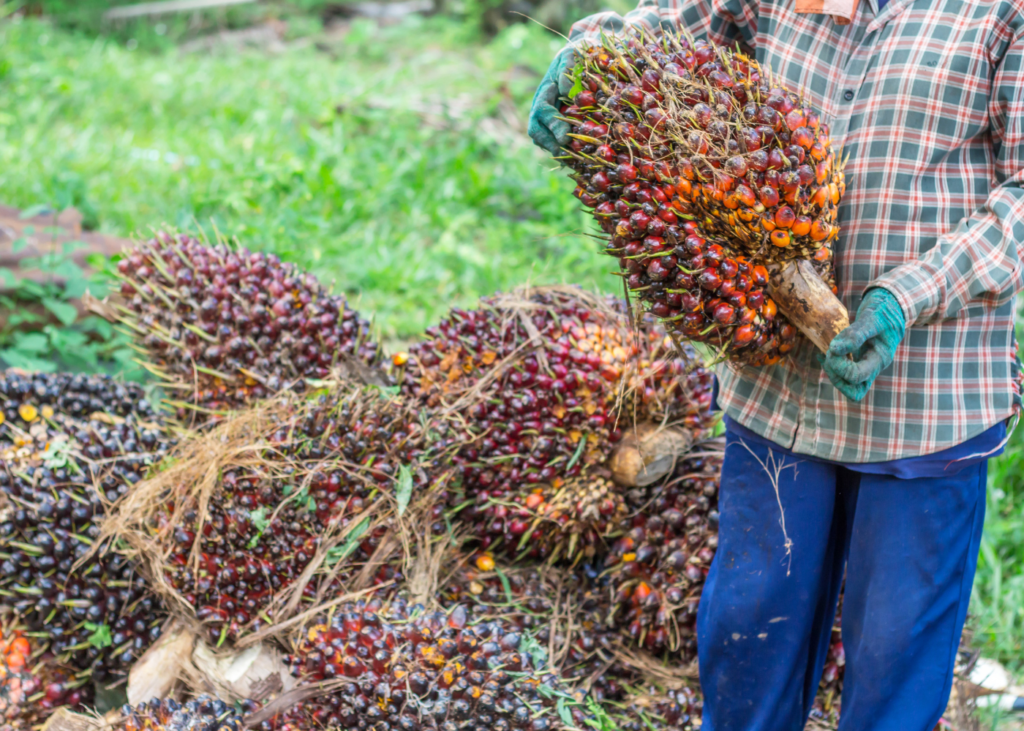
There are several types of palm oil businesses in Nigeria. Before diving into the palm oil business in Nigeria, you have to know the particular area you intend to focus on.
Being a jack-of-all-trades will do more harm than good in the long run, so it’s essential to choose one and go with it.
Here are some of the most common types of palm oil businesses in Nigeria:
Smallholder farms:
This type of palm oil business is common in villages. Families go to their farms and harvest palm fruits, then process them and sell the oil to middlemen who come to these villages to buy this palm oil.
Palm Oil Supply and Storage:
This is the most capital-friendly option for the palm oil business.
The system requires that you buy palm oil cheaply from local vendors in the village, then store them for quite some months and sell them at a higher price in a much-developed environment.
Palm oil supply and storage is the most common type of palm oil business in Nigeria.
Palm oil mills:
Mills are an essential part of the palm oil industry in Nigeria. These mills are responsible for buying the harvested palm fruits from smallholder farms and processing them into palm oil.
The process involves a series of mechanical and chemical processes, such as sterilization, threshing, pressing, and clarification, to extract the oil from the fruit.
Once the oil is extracted, it is either sold to wholesalers or middlemen, depending on the mill’s business model.
The processes for starting any of these palm oil business models are almost the same.
In this article, I will focus on Palm Oil Supply and Storage.
Read Also: How to Start a Frozen Food Business in Nigeria (The Ultimate Guide)
Is the Palm Oil Business a Profitable Business?
Yes, the palm oil business is profitable, if done properly. Palm oil is an essential ingredient in various industries, including food, cosmetics, and biofuel.
With Nigeria being the fifth largest producer of palm oil in the world, there is a high demand for palm oil locally and internationally, making it a lucrative business.
However, the profitability of the business depends on several factors, including the type of business model, market demand, and competition.
To ensure profitability in the palm oil business, it’s essential to conduct thorough research, plan effectively, and adopt best practices in the industry.
How Much Can I Use to Start a Palm Oil Business in Nigeria?
The amount of money required to start a palm oil business in Nigeria depends on the type of business model and the scale of operation.
For instance, starting a small-scale palm oil business, such as a supply and storage business, will require as little as N100,000 to N500,000 to purchase and store palm oil.
On the other hand, starting a larger-scale business, such as a palm oil mill, will require millions of Naira for equipment, land, and other expenses.
It’s important to note that starting any business, including a palm oil business, requires proper planning, and it’s advisable to start small and gradually scale up.
Conducting market research, creating a business plan, and seeking guidance from experts will help determine the required startup capital.
How to Start a Successful Palm Oil Business in Nigeria
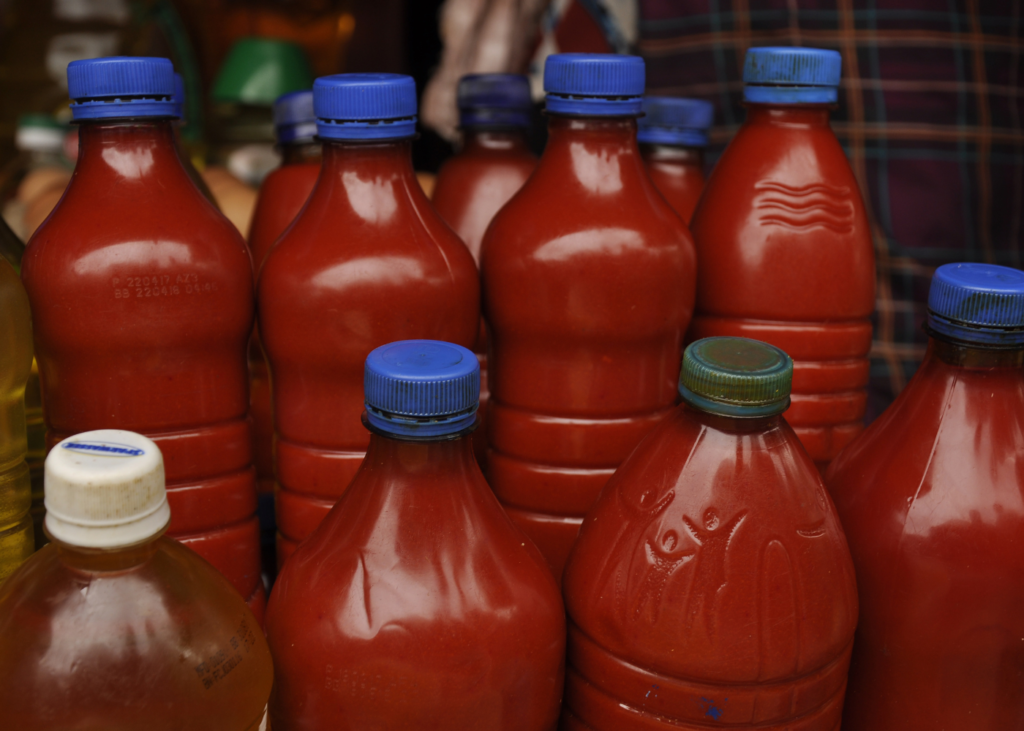
Create a Business Plan
A business plan is a document that outlines the details of the business.
Here are the key elements to include:
- Give a brief overview of your business, including what you plan to sell and who your customers will be.
- Provide more detailed information about your business, including its location, legal structure, and management team.
- Conduct research on your target market, competition, and industry trends to help you create a marketing strategy and pricing plan.
- Describe your products and services, including their features, pricing, and distribution channels.
- Outline how your business will operate day-to-day, including inventory management, production processes, and staffing needs.
- Estimate your startup costs, revenue, and expenses for the first few years of your business to ensure it is financially viable.
- Develop a plan to promote and sell your products, including advertising and promotional campaigns, sales channels, and pricing strategies.
- Identify potential risks and challenges that could affect your business and create a plan to mitigate them.
Creating a comprehensive business plan will help you understand your business better and ensure that it is set up for success in the competitive Nigerian market.
Check out: How to Write a Business Plan in Nigeria
Conduct Market Research
This means studying the market to learn important things like who else is selling palm oil, who wants to buy palm oil, and how much people are willing to pay for it.
Understanding these things will help you make smart choices when starting your business.
It’s also important to figure out how much it costs to make and transport palm oil, and how much other people are selling it for. Learn More 10 Best Tips for Conducting Market Research in Nigeria
Set Aside Your Capital and Resources
For a small-scale supply and storage business, you can start with as little as N100,000 to N500,000.
This should cover expenses such as buying palm oil from local vendors, transportation costs, and storage expenses.
You will need containers to store your palm oil. The best are plastic 25-liter or 20-liter gallons. If you are short on money, look for used jerry cans that are still in good condition
Purchase a weighing scale to measure the quantity of palm oil you buy and sell.
Get funnels and a hose. You will also need a clean strip of cloth for filtering the oil in case you purchase a dirty one.
Find a means of transporting the palm oil from the supplier to your storage facility and from your storage facility to the buyers.
A vehicle or a motorcycle will serve this purpose.
Finally, you will need a storage facility to store the palm oil. This can be a rented warehouse or a room in your house.
Check out: 11 Essential Steps on How to Start a Provision Store Business in Nigeria
Business Registration and Legal Requirements
You need to register your business and get permits from CAC.
It is important to do your research and comply with all legal requirements before starting your palm oil business to avoid any legal issues in the future.
But, sometimes you can operate a small-scale palm oil business in Nigeria without registering it.
Also read: How to Register Your Business With CAC Online ( Ultimate Guide)
How to Store Palm Oil for a Long Time
To store palm oil for a long time in Nigeria, it is important to follow some basic storage guidelines.
Here are some tips:
- Store palm oil in a clean, dry, and airtight container.
Avoid storing it in a container made of metal or other reactive materials, as this will cause the oil to spoil or become sour.
Plastic drums and plastic jerry cans are best.
- Keep the container in a cool, dark, and dry place. Exposure to heat and light will cause the oil to deteriorate and spoil quickly.
- Ensure that the container is tightly sealed to prevent air and moisture from entering.
Exposure to air and moisture causes oxidation. Oxidation makes the oil rancid. (smell and taste unpleasant.)
- If possible, store palm oil in smaller quantities. This will help to reduce the frequency of opening the container.
- Avoid storing palm oil near strong-smelling foods or chemicals, as it can absorb odors and flavors.
By following these tips, you can store palm oil for a long time in Nigeria without the risk of spoilage or deterioration.
It’s also important to note that even when stored properly, palm oil has a limited shelf life and should be used within a reasonable amount of time
How Long Can Store Palm Oil Last?
Palm oil will last a long time if it’s stored correctly.
If the container is closed and kept in a cool, dry, and dark place, it will last up to two years.
But if the container is opened, the oil won’t last as long because air and moisture will get inside.
Don’t put palm oil in the fridge because it will turn solid.
Where to Buy Palm Oil Cheap in Nigeria
There are several places you can buy palm oil at a relatively cheap price in Nigeria. The best is the local markets in villages where you can buy directly from farmers or traders.
Some popular markets where you can buy palm oil at a good price include Mile 12 Market in Lagos, Bodija Market in Ibadan, Better Life Market in Abia, and Orie Awgu in Enugu.
You can also buy palm oil in large quantities from the oil palm plantation estates scattered across the country.
These estates often sell at a cheaper rate than the local markets because they produce palm oil in large quantities.
Where to Buy Palm Oil in Bulk in Nigeria
If you’re looking to buy palm oil in bulk in Nigeria, there are several options available to you.
One option is to visit local markets such as the Mile 12 market in Lagos, the Kuto market in Abeokuta, or the Garki Model Market in Abuja.
These markets are known for their large selection of food items, including palm oil, and you may be able to negotiate a bulk price with the sellers.
Another option is to contact wholesalers or distributors of palm oil directly.
Some companies that specialize in the production and distribution of palm oil in Nigeria include PZ Wilmar, Okomu Oil Palm Company, and Presco Plc.
You can contact these companies to inquire about their bulk pricing and delivery options.
You can also consider searching for palm oil suppliers on online marketplaces such as Alibaba, Jiji, or Konga.
However, it’s important to be cautious when making purchases from online sellers and to verify their credentials before making any payments.
Risk in Palm Oil Business In Nigeria
The palm oil business in Nigeria, like any other business, has some risks that you should be aware of before investing your money.
These risks include the following:
- Fluctuations in prices: The prices of palm oil can be volatile, which means that they can rise and fall unexpectedly due to factors such as changes in demand, supply, and government policies.
- Competition: There is a lot of competition in the palm oil industry in Nigeria, which can make it difficult to establish a foothold in the market and compete with established players.
- Climate and environmental factors: Palm oil production is highly dependent on the weather and climate, and events such as droughts, floods, and diseases can have a significant impact on production and profitability.
- Political and regulatory risks: Political instability, corruption, and changes in government policies also pose risks to the palm oil business in Nigeria.
- Insects and ants: Palm oil can also invite a swarm of ants that can be detrimental to the product and the environment where it is stored.
Despite these risks, the palm oil business in Nigeria is profitable if you take the necessary steps to manage these risks and run your business efficiently.
Opportunities in the palm oil business in Nigeria
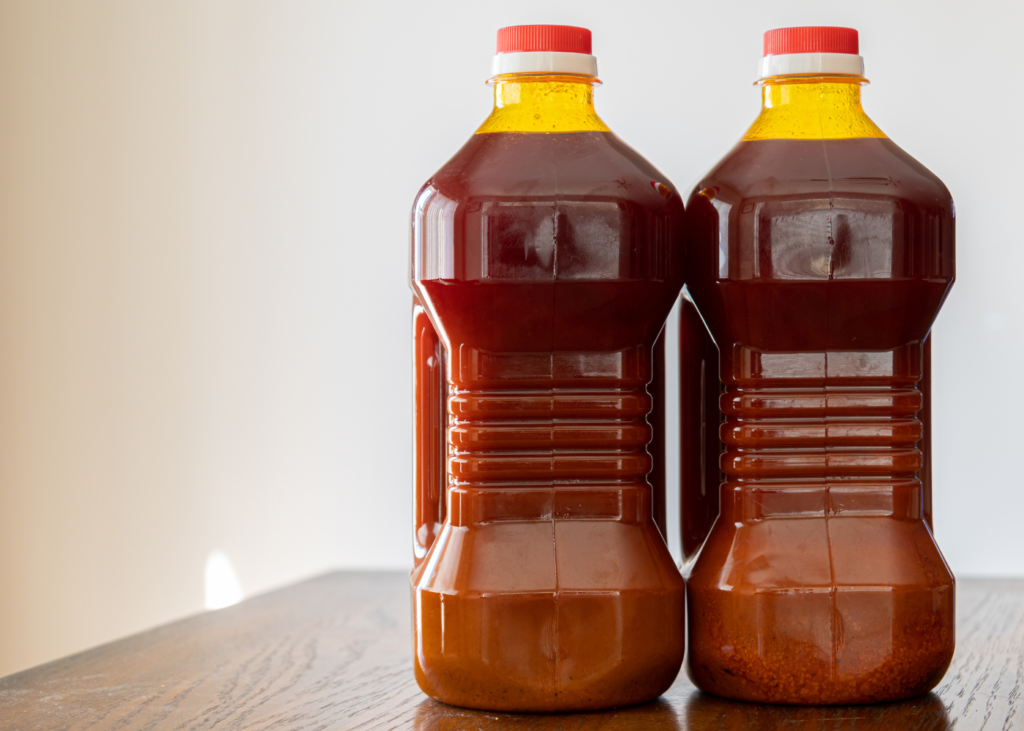
The palm oil business in Nigeria presents several opportunities for entrepreneurs and investors. Here are some of the opportunities:
- Nigeria is the largest producer of palm oil in Africa and the fifth-largest producer in the world. The demand for palm oil is high both domestically and internationally, making it a lucrative market for investors.
- The palm oil industry provides employment opportunities for many people in Nigeria, particularly in rural areas where other job opportunities are limited.
- With the high demand for palm oil globally, there is a potential for Nigerian palm oil producers to export to other countries and earn foreign exchange.
- The palm oil industry presents an opportunity for diversification of the Nigerian economy, which has been largely dependent on oil exports.
- There is potential for value addition in the palm oil industry in Nigeria, through the production of other products such as soap, margarine, and biodiesel.
FAQS
Can I Start a Palm Oil Business With 50K?
No. It will be challenging to start a palm oil business with only 50k in Nigeria.
Starting a palm oil business requires a significant investment in processing equipment, transportation, storage facilities, and other operational expenses.
However, you can still start small by focusing on a specific aspect of the business, such as retailing palm oil in smaller quantities or providing processing services to small-scale farmers.
With time and reinvestment of profits, you will gradually grow your business and expand your operations.
Related post: How To Make 3000 Naira Daily In Nigeria-( 7 Realistic Ways)
How Much is 25 Liters of Palm Oil in Nigeria?
The price of 25 liters of palm oil in Nigeria varies depending on various factors such as location, demand, and supply.
As of April 2023, the average price of 25 liters of palm oil in Nigeria ranges from N17,000 to N28,000.
It is important to note that prices may vary in different regions and markets, and it is always best to check with local vendors for current prices.
Which State Has the Best Palm Oil Business in Nigeria?
It is difficult to say which state has the best palm oil business in Nigeria as many states produce palm oil in large quantities.
Some of the top-producing states include Akwa Ibom, Cross River, Rivers, Imo, and Abia. However, the quality and availability of palm oil vary depending on the location and season.
It is recommended that you conduct research and speak with local farmers and traders to determine which state or region has the best palm oil for your needs.
Consider factors such as transportation costs and market demand when choosing a location for your palm oil business.
Also, read how to start other businesses
- 20 Business Ideas for Ladies in Nigeria 2023
- How To Start Foodstuff Business In Nigeria (2023)
- How to Start POS Business in Nigeria – Become a POS Agent in 2023
- Top 14 Lucrative Business Ideas in Nigeria to Start ( 2023)
- How to Make Money Online in Nigeria (2023)
- 9 Excellent Steps for Starting a POP Cement Business in Nigeria
- How to Start a Jollof Rice Business in Nigeria that Makes 15K Daily
- How to Start a fast food business in Nigeria 2023 (Earn ₦10k Daily )
- How to Start a Food Supply Business in Nigeria and Make Money Fast
